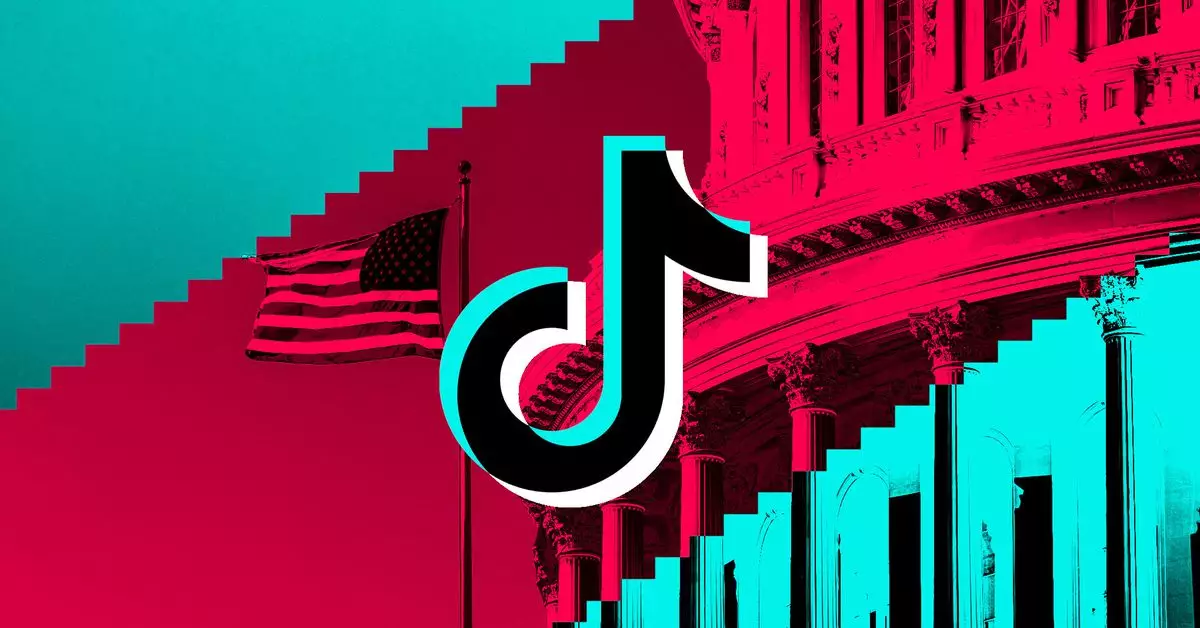The ongoing saga of TikTok’s presence in the United States has taken yet another turn with the issuance of an executive order by former President Donald Trump. This latest action, reminiscent of his earlier approaches to regulating the popular social media platform, reflects a complicated interplay of executive power, corporate interests, and legal ambiguities surrounding foreign ownership. In this piece, we will dissect the implications of this order, its potential legal ramifications, and the broader context of U.S. relations with foreign technology companies.
On his first day in office, Trump directed the Department of Justice (DOJ) to refrain from enforcing a law that would compel ByteDance, TikTok’s Chinese parent company, to divest its stake in the app. This legislation, rooted in national security concerns—namely, the fear of data privacy violations and espionage—sought to mitigate risks associated with foreign adversaries controlling significant technology platforms in the U.S. However, Trump’s executive order effectively pauses these legislative requirements for a period of 75 days. This gives his administration time to evaluate the situation without immediate repercussions for American technology companies, such as Apple and Google, that work with TikTok.
The intent behind this executive order seems to be twofold: to protect American companies from the penalties associated with the Compliance Act and to explore a potential path forward that aligns with Trump’s existing policies and interests. Yet, while the order proposes a non-enforcement period, it raises critical questions about the viability of such a maneuver given the existing law and its bipartisan support.
The legal standing of Trump’s order is open to interpretation. While there may be a provision within the law allowing for specific extensions related to announcements of sales to non-foreign adversaries, no such sale has currently been publicized. The ambiguity surrounding whether Trump’s order can legally override provisions of the existing law amplifies the uncertainty faced by major tech companies. Notably, potential liabilities they could incur by continuing to support TikTok could reach astronomical sums—up to $850 billion in fines due to the law’s stringent penalties.
Industry players find themselves in a precarious position. On one hand, Trump’s assurances may grant them some leeway in defending against legal actions; on the other, the threat of massive fines looms heavily. Therefore, many companies might opt for caution, sidestepping risks associated with working with a platform that may soon find itself under increased scrutiny.
Trump’s earlier efforts to ban TikTok during his first term had faced backlash and legal challenges, which likely shapes his current approach. By posting intentions to ask American companies to continue their involvement with TikTok on social media, Trump is essentially appealing to corporate interests while attempting to sidestep the bipartisan consensus on the security implications of foreign-owned technology.
The overarching question remains: how effective can an executive order be in changing the dynamics of such a well-supported legal framework? Given that the law was passed with broad political backing, including by former President Joe Biden and endorsed by the Supreme Court, the friction between the executive and legislative branches becomes apparent. Trump’s latest attempt to navigate through this landscape hints at deep political divides, showcasing the complexities inherent in addressing issues around data privacy, national security, and corporate responsibility.
The conclusion of this latest development in the TikTok saga will likely depend on various factors, including legal interpretations, public opinion, and the strategic decisions of corporate entities involved in the platform’s operations. Trump’s proposal of a joint venture involving U.S. ownership of a portion of TikTok adds yet another layer of complexity; however, the lack of specific details raises skepticism about its feasibility.
While the administration’s executive order might buy time and provide a temporary measure of uncertainty for companies, the persistent threat of bipartisan legal liability remains a significant deterrent. As discussions surrounding foreign tech investments evolve, the balancing act between maintaining open markets and ensuring national security will undoubtedly continue to provoke debate and conflict within the halls of power, leaving the future of TikTok—and other foreign-owned applications—in a precarious balance.


Leave a Reply